What is the Fair Debt Collection Practices Act (FDCPA)?
The Fair Debt Collection Practices Act is a federal law enacted to “eliminate abusive debt collection practices by debt collectors, to insure that those debt collectors who refrain from using abusive debt collection practices are not competitively disadvantaged, and to promote consistent State action to protect consumers against debt collection abuses.”
Here are Some Common Collection Actions Prohibited by the FDCPA:
- The use or threat of violence
- The use of obscene or profane language
- Repeated phone calls rising to the level of harassment (courts vary in what they determine rises to the level of harassment)
- Phone calls without the required disclosure
- Misrepresentations about the character, amount, or legal status of a debt
- Misrepresentations that an individual is an attorney if they are not
- Threatening jail or other legal actions that cannot legally be taken (an example would be threatening wage garnishment in Texas)
- Improper communication of the debt to a third-party
- Failing to cease collection activity while a dispute response is pending
- Calling a consumer outside of permitted call times (8a.m. – 9p.m. in the consumer’s time zone)
- Communicating with an consumer when on notice that the consumer is represented by an attorney
You can view the text of the Fair Debt Collections Practices act on the Federal Trade Commission’s website by clicking here: FDCPA.
What Can Consumers Do When Dealing With Possible FDCPA Violations by Debt Collectors?
- Document the violations (keep phone logs including date, time, details regarding the prohibited activity, and the name of the company and representative you are speaking with)
- Save any written correspondence (demand letters, settlement offer letters, envelopes, and any reply correspondence you have sent including any disputes or validation requests, etc.)
- Reach out to a consumer defense attorney to provide them the specifics of your individual case, so they can advise about your rights and any action that can be taken to address conduct violating the FDCPA
- In some situations, contacting the State Attorney General or Consumer Financial Protection Bureau may also be an advisable action to stop prohibited conduct
If you have been the victim of abusive debt collection or other violations of the Fair Debt Collection Practices Act, contact us for a free case evaluation.
